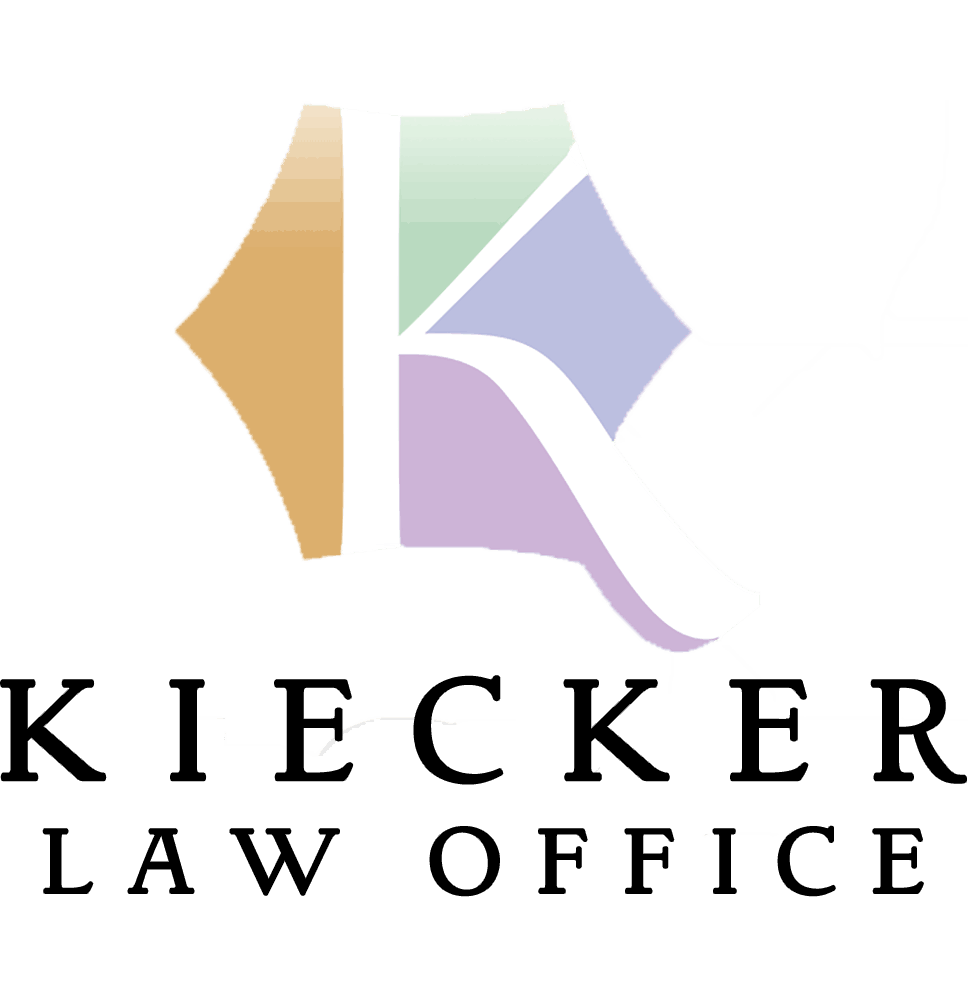Estate Planning For Retirees
In our last post we touched on some of the reasons that you may want to complete your estate planning in your retirement. This time we are going to dive a bit deeper. Specifically, we are going to look at the effects that it has on your heirs.
As part of an estate planning process, we naturally see the benefits of a good estate plan and the downfalls of a bad estate plan. Often times we see those effects in the probate process after a person has passed away and the heirs of an estate are left to deal with aftermath. To be clear, the time after a parent dies is NEVER easy, but how the estate is set up is key to making the legal aspect easier. First, let’s back up a bit and touch on the part of an estate plan that is used while a person is still living. The health care directive, or sometimes called a living will, is simply instructions to your family members on what to do if your health fails and you can’t make medical decisions for yourself. You can decide what decisions should be made for you when you are ill, but you can make those decisions now. You can tell your spouse, children or any other person you trust what kinds of medical measures should be taken and which ones you don’t want taken. This type of document helps your family to make the “right” decisions for you.
In conjunction with a health care directive is a financial power of attorney. A power of attorney is needed in a situation where someone is going to be unable to conduct business for an extended period of time. The power of attorney gives a trusted person the ability to conduct financial transactions for you. They can go to your bank and speak for you, they can pay bills for you and they can work with your investments on your behalf. It gives you the ability to not worry about your everyday life and focus on your health and still know that everything will be in order when your health is better.
When the eventual day comes that a person passes away, wills and trusts again provide a road map for your heirs on what you want. Wills and trusts both help with this process, trusts just provide a few extra layers of protection. We aren’t going to get into all the specific details as each person’s situation is different so it’s best to talk to your attorney before deciding what is the best option for you. For now, we’re going to focus on what we have seen to be the downfalls of not having either a will or trust.
To be clear, there is a plan for you if you don’t have one… the government has a plan for you. The government will eventually decide who gets what, but that is likely not what you want to happen. It’s also likely not what your heirs want to happen. All too often in this circumstance, brothers and sisters that go through this process end up never talking again. They end up thinking that they got the short end of the stick and their sibling “got more and didn’t deserve it”. These sorts of things end up being life long fights between siblings. Often it is said that writing a will isn’t for you, it’s for your kids (even if they are adults). It’s to make sure that what you want done with your assets and your money is what is actually done.
The arguing between siblings is an unfortunate reality with many families. We’ve seen it between families that seemed to always get along not matter the circumstances. Too often we see good families broken up because of money. Wills and trusts are very good ways to prevent that.
It’s because of these realities that Omni Kiecker Esq. of Kiecker Law is holding a pair of seminars called Estate Planning: The Ultimate Guide to Retirement on Thursday, August 22nd. In the seminar, she will be talking more in depth about these issues and give some insight into how to choose the people in your health care directive and power of attorney. She can also give you some tips on how to decide how you want your assets split up whether it is your kids or a charity. And she will also give you an idea on some other actions you can take to protect yourself in your retirement.

